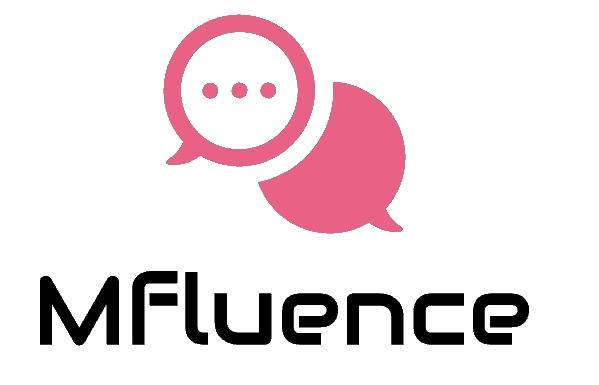In today’s competitive business landscape, building strong customer relationships is paramount. But managing those relationships effectively can be a challenge, especially as your business grows. That’s where CRM software comes in.
CRM stands for Customer Relationship Management. A CRM system is a powerful tool that helps businesses organize and track all their customer interactions. Think of it as a central hub for everything customer-related.
Let’s take a deep dive into the functionality of CRM software and see how it can benefit your business:
Contact Management:
- Store all your customer information in one place – names, contact details, demographics, purchase history, and more.
- Organize contacts by category (leads, customers, partners) for better segmentation and targeting.
- Create detailed customer profiles to understand their individual needs and preferences.
Sales Pipeline Management:
- Track potential customers (leads) through your sales funnel.
- Manage sales tasks, opportunities, and quotes.
- Automate sales workflows to streamline the selling process.
- Gain insights into sales performance with reports and dashboards.
Marketing Automation:
- Create targeted marketing campaigns based on customer data.
- Automate email marketing, social media marketing, and other marketing activities.
- Track the performance of your marketing campaigns and measure ROI.
- Nurture leads and convert them into paying customers.
Customer Service Management:
- Track customer support interactions (phone calls, emails, chats) in one place.
- Improve resolution times with a centralized ticketing system.
- Offer self-service options through a customer portal.
- Gain insights into customer satisfaction and identify areas for improvement.
Reporting and Analytics:
- Generate reports on sales performance, marketing effectiveness, customer behavior, and more.
- Gain valuable insights into your customer base and make data-driven decisions.
- Identify trends and opportunities to improve your overall business strategy.
Conclusion:
CRM software is a powerful tool that can transform the way you manage your customer relationships. By centralizing customer data, automating workflows, and providing valuable insights, CRM software can help you:
- Increase sales and revenue
- Improve customer satisfaction and loyalty
- Gain a competitive advantage
Ready to take your customer relationships to the next level? Consider investing in a CRM software solution today with Mfluence.
https://calendly.com/business-mfluence Learn More About Our CRM Software
